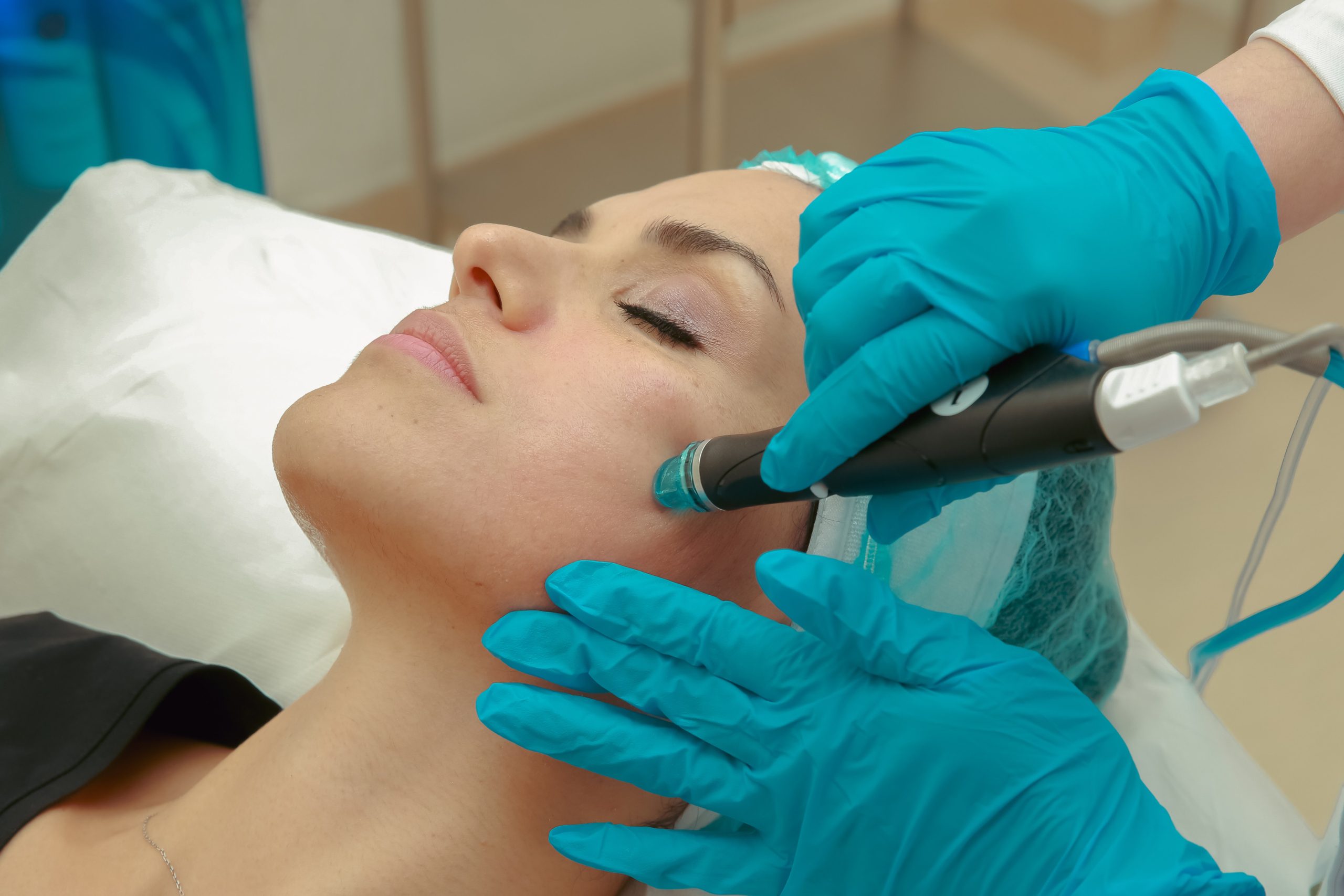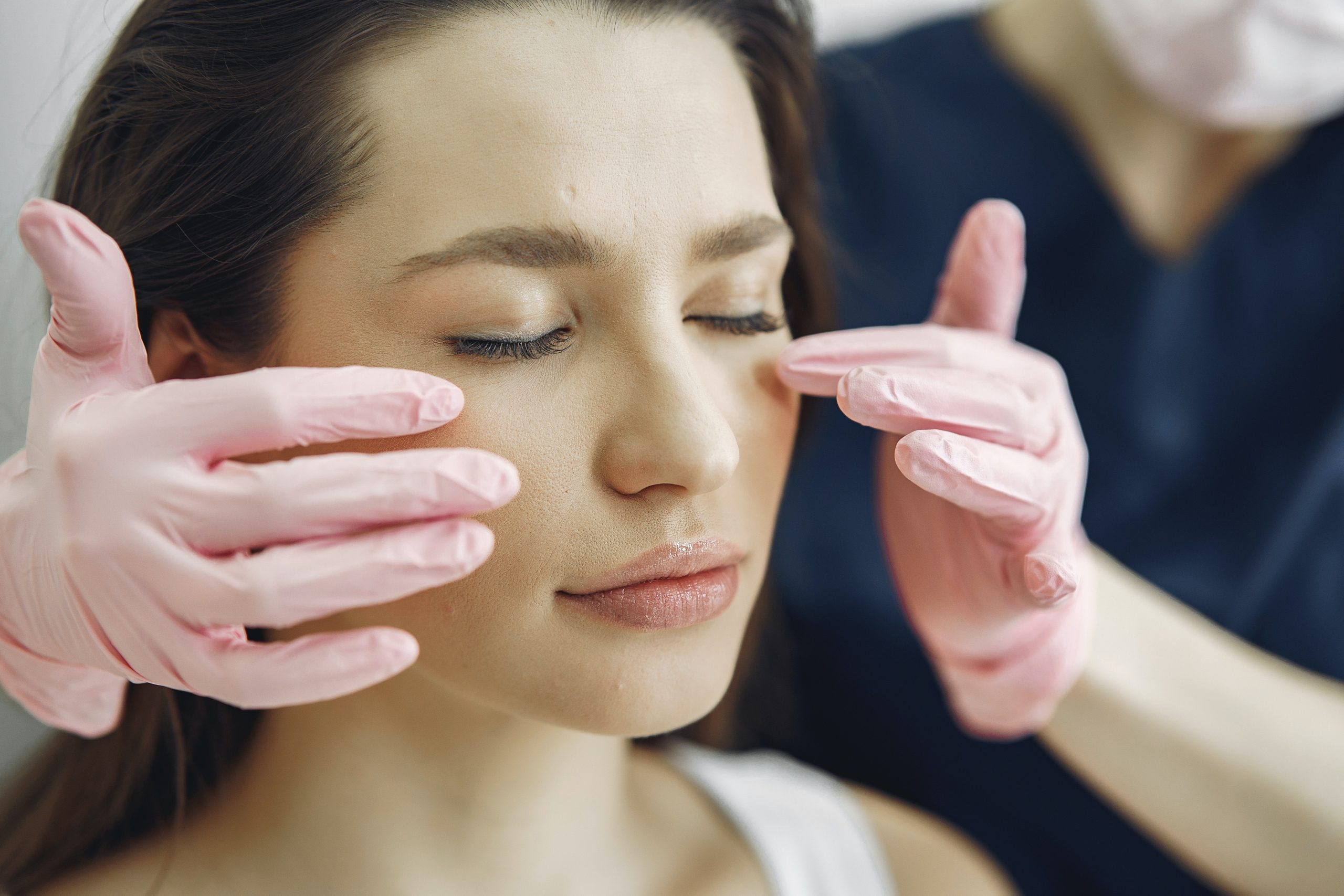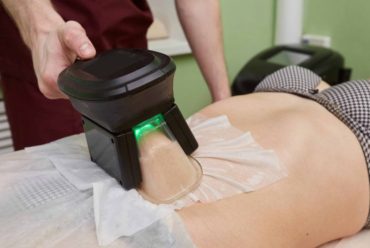Mesotherapy is a cosmetic procedure that involves the injection of microscopic quantities of pharmaceuticals, vitamins, minerals, or other substances into the skin or scalp. The purpose of mesotherapy is to rejuvenate and repair the skin by delivering these substances directly to the targeted area.
The procedure is performed using a very small needle, and it is generally not considered to be particularly uncomfortable. The specific nature of the mesotherapy treatment can vary depending on the problem being addressed.
Here are some common uses of mesotherapy:
- Cellulite treatment: Mesotherapy injections are administered into the fat layer beneath the skin to break down and shrink fat cells, reducing the appearance of cellulite.
- Dark circles around the eyes: A mixture of different procedures, including mesotherapy, is used to improve the appearance of dark circles and make the eyes look brighter and younger.
- Skin rejuvenation: Mesotherapy can be used to stimulate the production of collagen and new skin cells, helping to improve the overall quality and texture of the skin. It is often sought after for its skin rejuvenation benefits.
- Hair loss treatment: Mesotherapy injections can be applied to the scalp to promote hair growth and prevent further hair loss. The injected substances help nourish the hair follicles and improve their function.
- Stretch marks, dry skin, tight skin, and loose or aging skin: Mesotherapy can be used to address various skin concerns, including reducing the appearance of stretch marks, hydrating dry skin, tightening the skin, and improving the elasticity of aging skin.
The number of mesotherapy sessions required depends on the specific condition being treated. While some patients may notice results after the first session, multiple sessions are often recommended to achieve optimal results. The recovery time for mesotherapy is minimal, and patients can typically resume their regular activities immediately after the treatment.
If you are interested in mesotherapy, it is recommended to consult with a qualified dermatologist or cosmetic professional who can assess your specific needs and provide personalized advice and treatment options.




